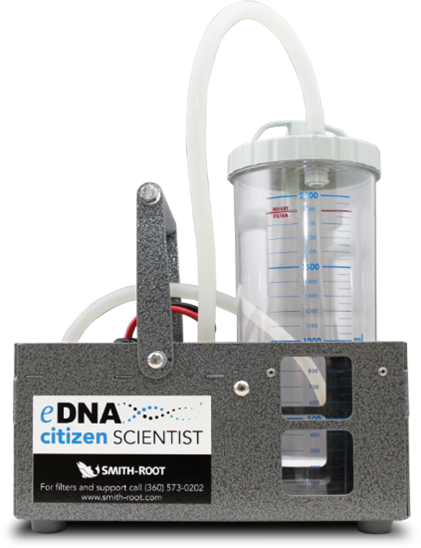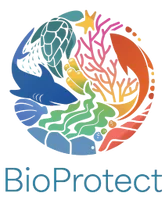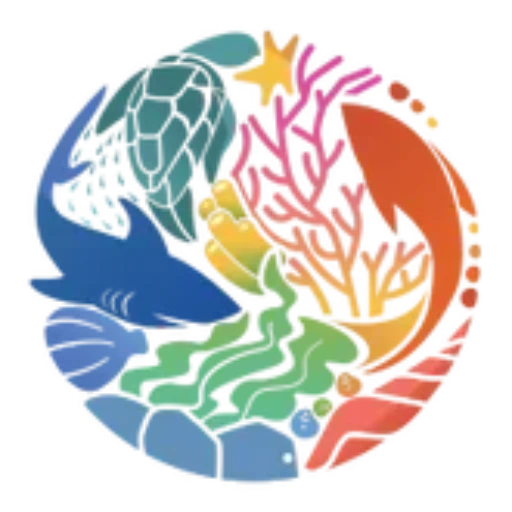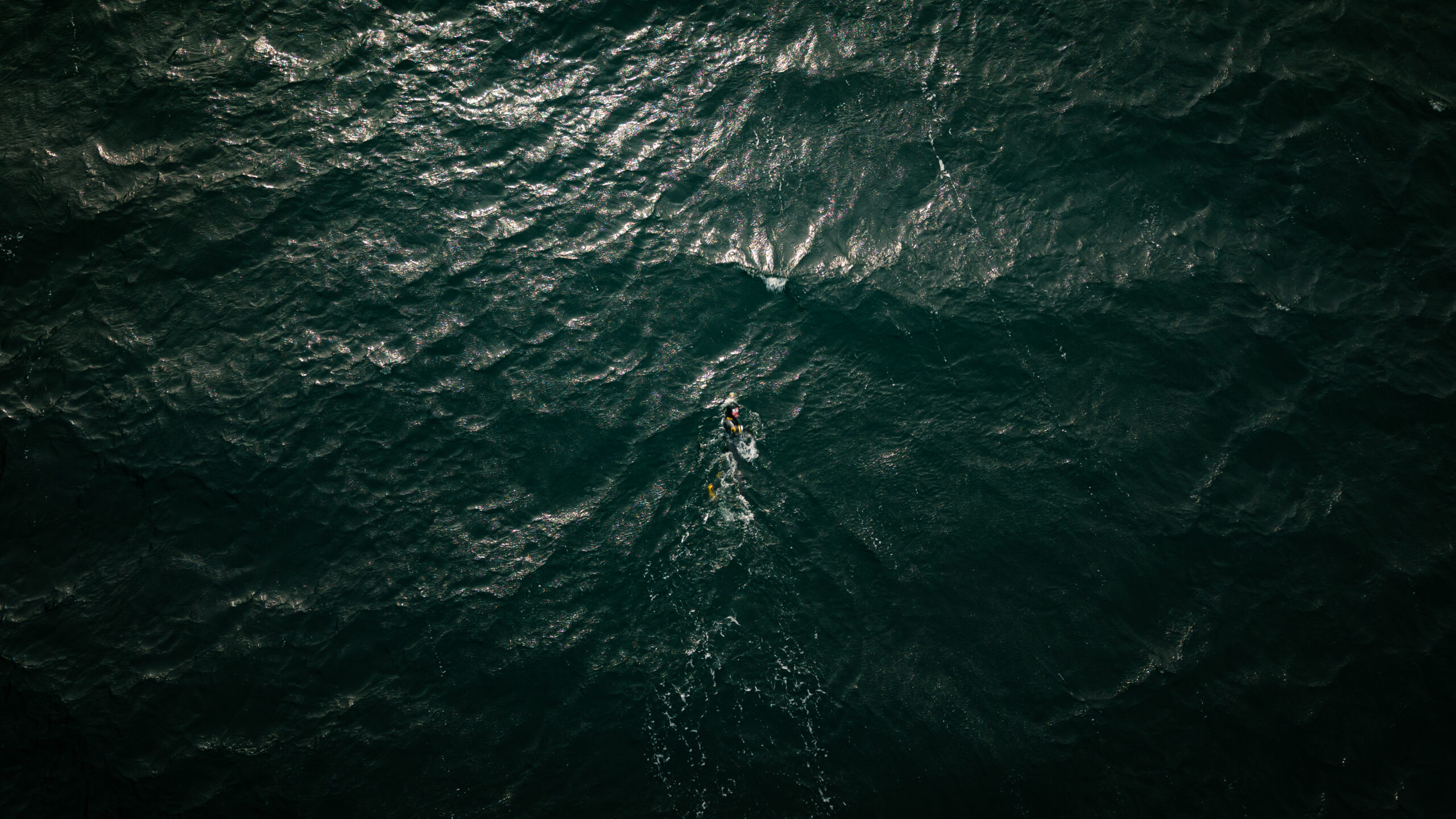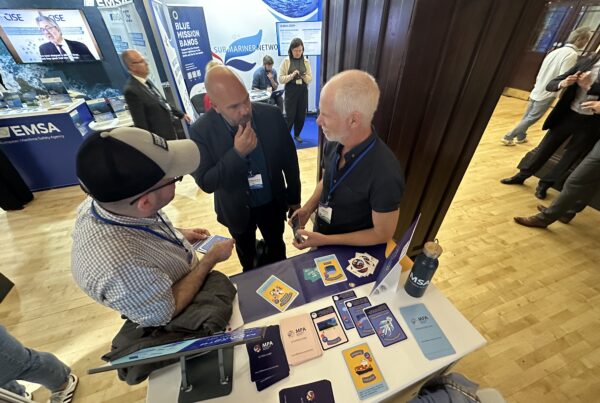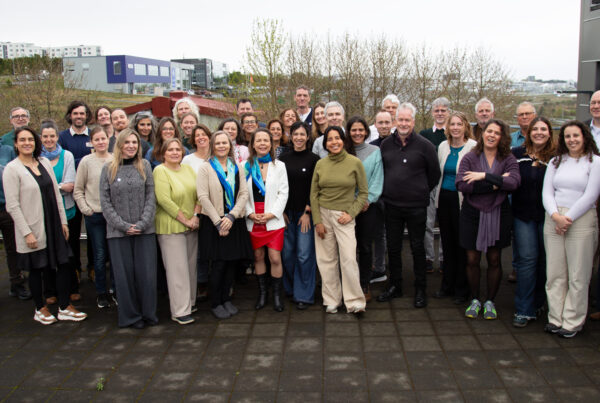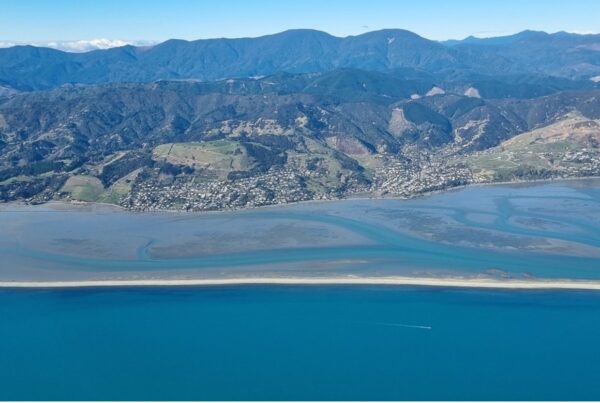In May 2025, world-renowned endurance athlete and ultra-marathon sea swimmer Ross Edgley will attempt a historic first: a 1,000-mile (1,610 km) swim around the entire coastline of Iceland. Departing from the harbour in Reykjavík on May 16, Ross will undertake this extreme challenge in a clockwise direction, facing icy waters, strong currents, unpredictable weather, and even encounters with killer whales.
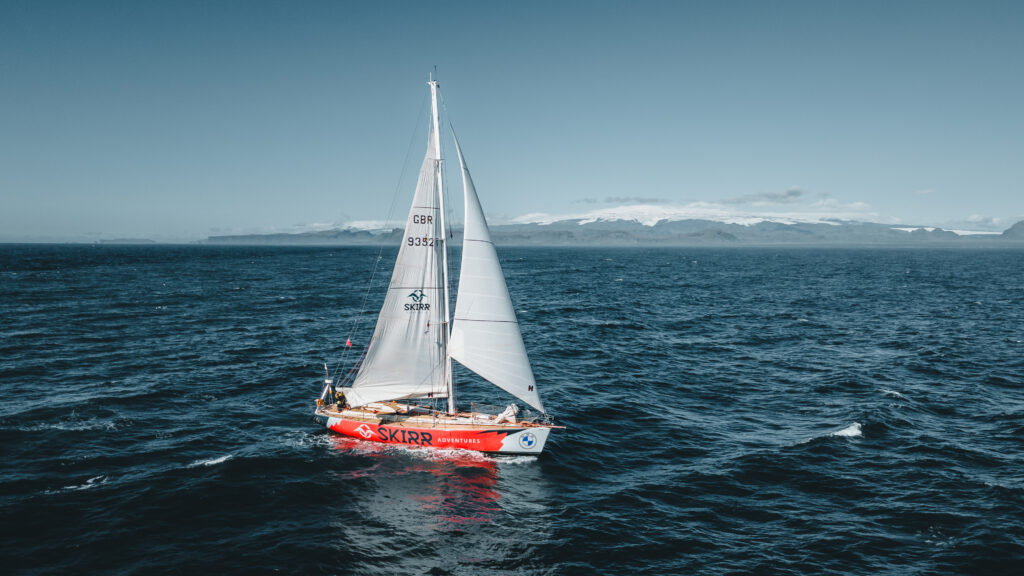
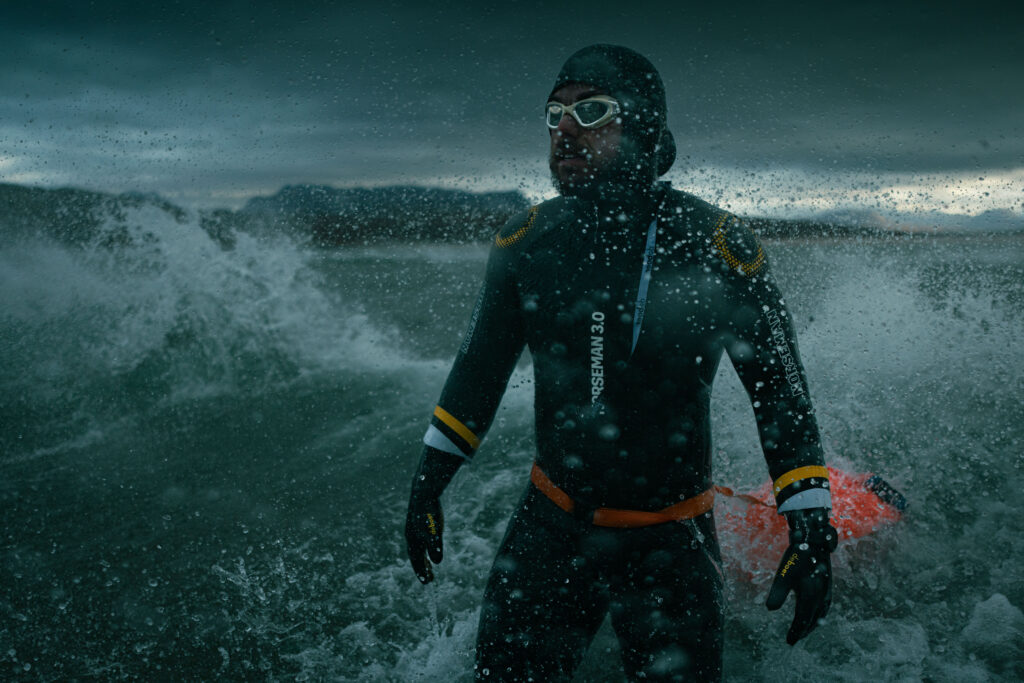
But this isn’t just an athletic feat—it’s a groundbreaking scientific expedition. Ross’s swim is at the heart of a unique collaboration with the Marine and Freshwater Research Institute (MFRI), Matís, and the University of Iceland, as well as international partners including the University of Victoria (Canada). The expedition is supported by BioProtect project, part of the EU Mission: Restore Our Ocean and Waters.
Science Meets Endurance: Citizen Science in Action
This expedition doubles as a pioneering citizen science initiative—a growing approach to environmental research that involves the public in the collection and analysis of data. In this case, Ross and his team will collect daily environmental DNA (eDNA) samples from the ocean, offering critical insights into the biodiversity and species distribution in Icelandic waters.
eDNA refers to the genetic material that organisms shed into their environment—through skin cells, mucus, feces, or gametes. These traces can be captured by filtering seawater through special membranes. Once back in the lab, scientists amplify the DNA using advanced molecular techniques and compare the sequences to international genetic databases. This allows them to identify which organisms were present in a specific location at a specific time—without ever seeing or disturbing the animals.
This innovative method is particularly valuable for Iceland’s coastal zones, which are seldom studied due to the lack of small research vessels. Thanks to Ross’s ability to reach remote areas, the expedition will dramatically expand coverage and generate new knowledge about the species inhabiting these under-explored marine habitats.
Why Collaborate With Ross Edgley?
Monitoring marine life across vast oceanic regions is a major challenge for scientists. Traditional research cruises are expensive, time-consuming, and logistically complex. This is where citizen science can play a transformative role.
By working with Ross and his support team, BioProtect is demonstrating how trained non-scientists can contribute meaningfully to data collection. The project’s goal is to develop practical tools and methods that empower citizens to support conservation efforts—ultimately helping achieve global targets such as the 30×30 goal, which calls for 30% of ocean areas to be protected by 2030, a key commitment of the COP22 Global Biodiversity Framework.
A Multi-Faceted Scientific Mission
In addition to eDNA sampling, Ross’s expedition will support several other important research activities:
🧪 Microplastic Monitoring
Ross’s team will collect ocean water samples for researchers at the University of Iceland, University of Victoria (Canada), and MFRI, supported by Future Oceans International. These samples will be used to analyse and map microplastic pollution around Iceland—a growing environmental threat with impacts on marine ecosystems and human health.
🐋 Marine Mammal Identification
All Humpback Whales and Orcas observed during the expedition will be photographed and catalogued using photo-identification techniques. This data will feed into national databases managed by MFRI, including the Ísland Megaptera Novaeangliae (ISMN) humpback whale catalogue and Iceland’s killer whale database. This work helps track cetacean movements, population trends, and identify individual animals—crucial information for conservation planning.
A World-First for Science and Sport
Ross Edgley’s Iceland expedition is more than a test of human endurance—it’s a symbol of what’s possible when science and adventure work together. By combining cutting-edge molecular biology with the determination of an ultra-endurance athlete, the project pushes the boundaries of marine research and highlights the crucial role citizen science can play in advancing knowledge and conservation.
Follow Ross’s journey and the science behind it, as we explore Iceland’s oceans like never before!
